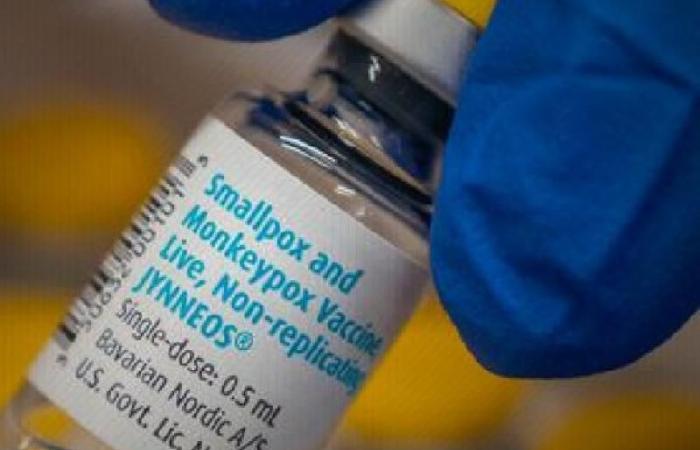According to Ecuador’s provincial health minister, vaccination against the Mpox epidemic is stagnating. Doctor Didier Mbula Ibenge indicates that only the health zones of Bikoro and Lotumbe, out of the eighteen in the province, were covered by vaccination.
The minister affirms that all health zones are affected by the Mpox epidemic and deplores that the majority of the population has not yet been vaccinated. He calls for an increase in vaccination coverage and the installation of local centers.
“We are surrounded by forests, where epidemics circulate due to frequent visits to the forest and the consumption of game, which exposes our population to several diseases, including Mpox. Ecuador could have half of the DRC’s Mpox cases, and almost all health zones in the province are affected,” he stressed.
Didier Mbula Ibenge also noted the difficulties in accessing care: “Patients with Mpox sometimes have to travel up to 15 km to reach the nearest health center, thus increasing the risk of contamination along the way. And even once they arrive, the medications are often insufficient. »
At the port of Makila Bolonjua, Bébé Bolinga Amba, port administrator, indicates that measures to control meat, particularly those coming from the forest, are implemented to avoid the spread of the virus.
“We make seizures of potentially contaminated meat, but it is sometimes difficult to raise awareness among the population. We also ask for protective equipment such as hand washes to strengthen prevention. »
José Ewele Bosongo, a fisherman from Makila port, also deplores the lack of action: “We are exposed every day, but no vaccinator has yet come here. We ask the authorities to intensify vaccination coverage to limit the spread of the epidemic. »
According to the Mbandaka Expanded Vaccination Program, the province has recorded 7,006 cases and 370 deaths since the start of the Mpox epidemic.
Grace Guka






